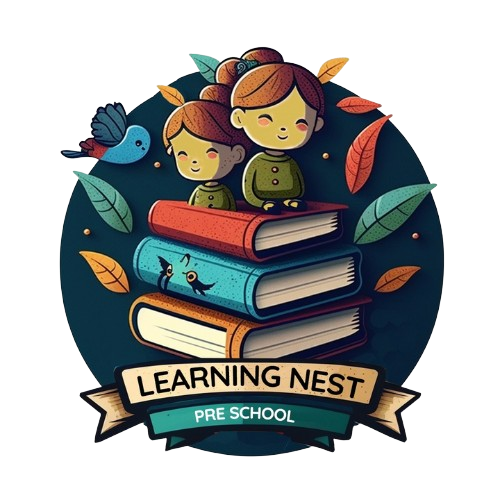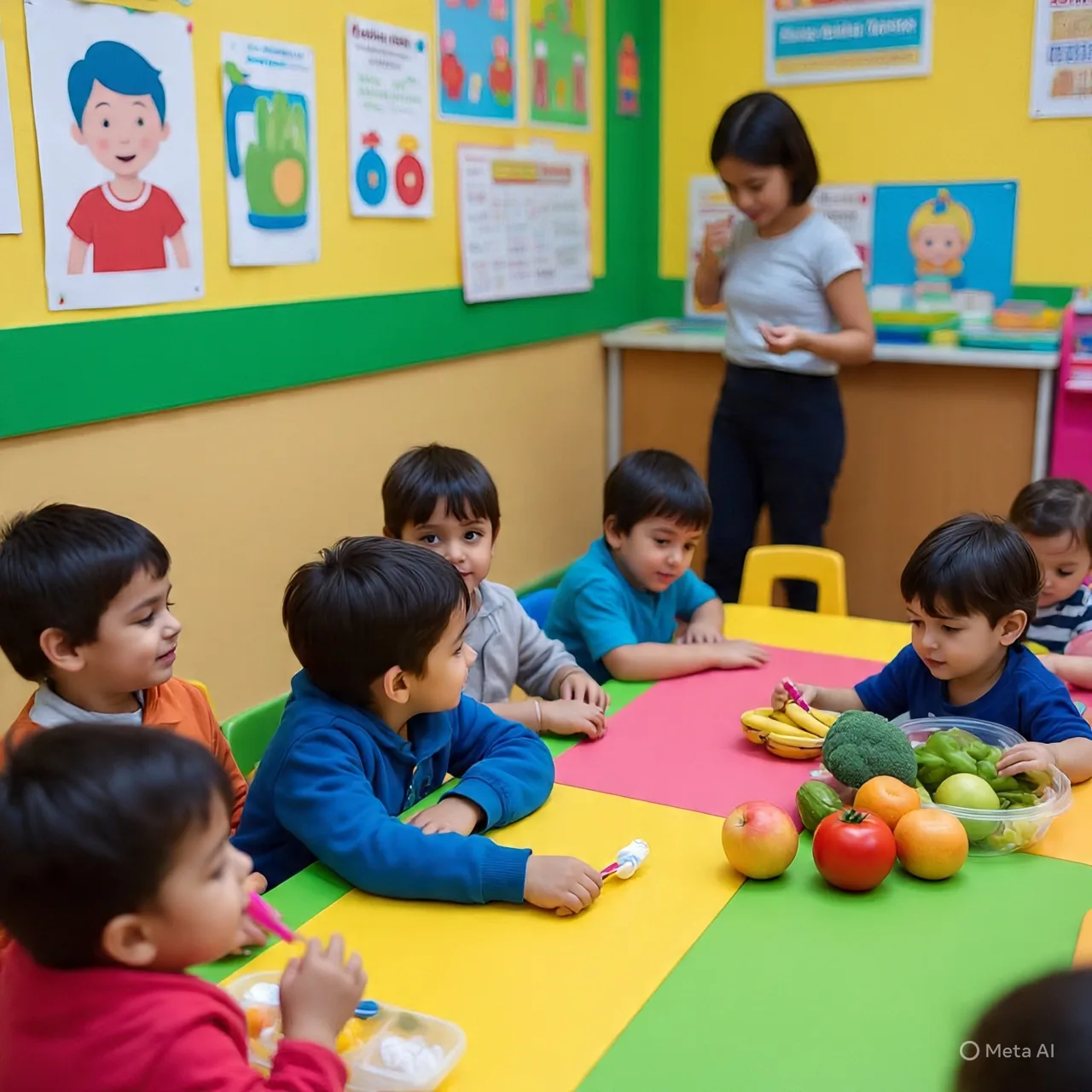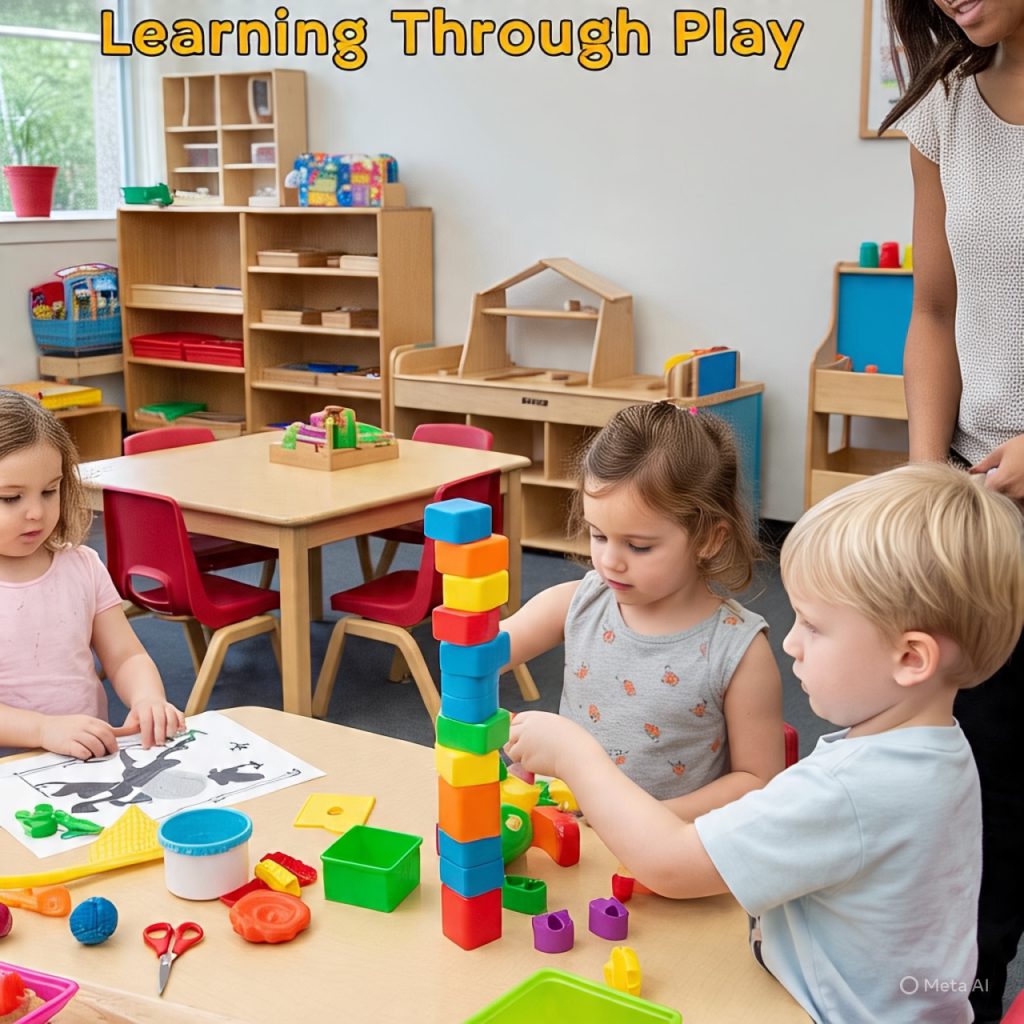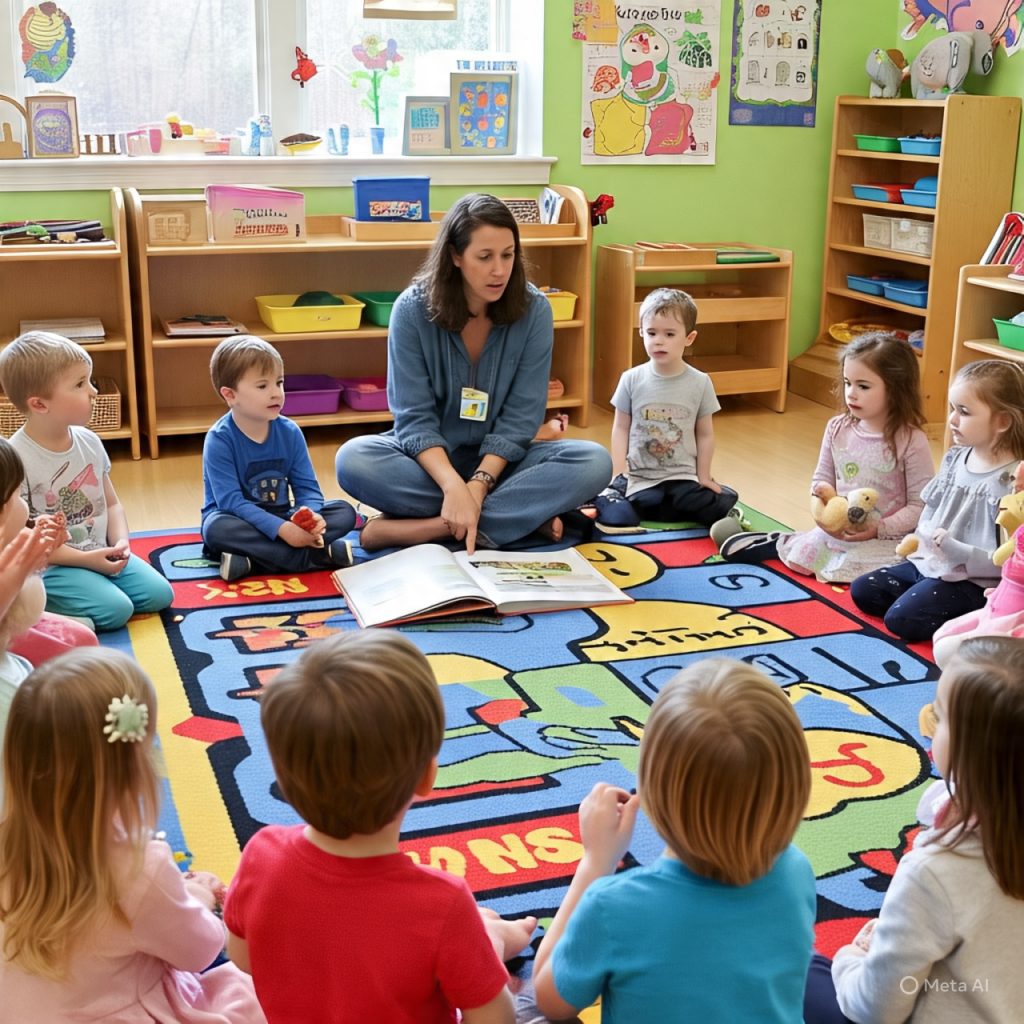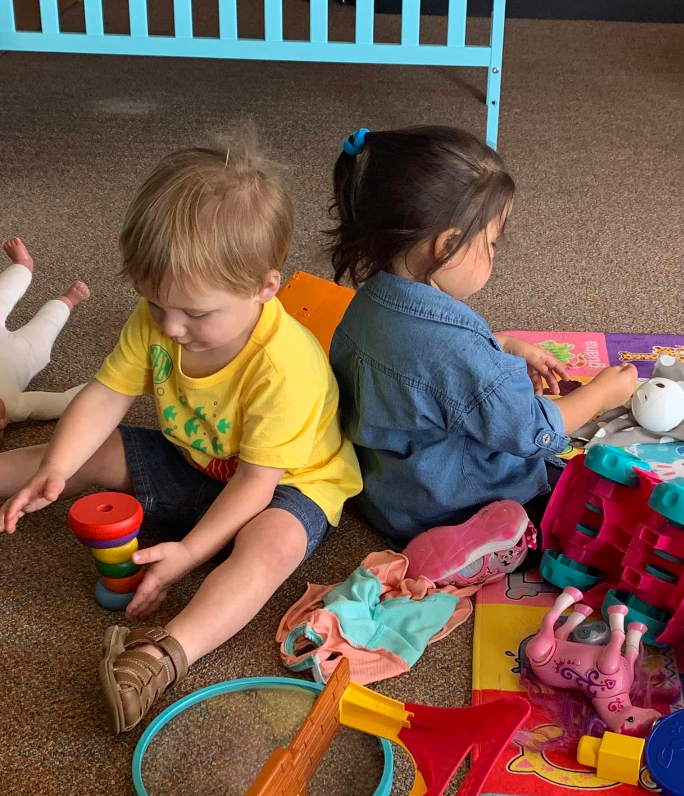Introduction
From buttoning a shirt to holding a pencil, fine motor skills are essential for a child’s independence and academic success. At Learning Nest Preschool & Day Care, we focus on developing fine motor strength and coordination through fun, play-based activities. These small but powerful skills prepare preschoolers for writing, self-care, and everyday tasks.
1. What Are Fine Motor Skills?
Fine motor skills involve the small muscles in the hands and fingers that help children perform precise movements. Skills like grasping, pinching, cutting, and drawing are built gradually through daily practice and play.
2. Why Fine Motor Development Matters
Strong fine motor skills are the foundation for important milestones:
- Writing and Drawing – holding pencils and forming letters.
- Self-Care – zipping jackets, tying shoes, using utensils.
- Problem-Solving – building, sorting, and manipulating objects.
Without these abilities, children may struggle with tasks that require control and coordination.
3. Classroom Activities That Strengthen Fine Motor Skills
At Learning Nest, we integrate fine motor development into everyday play:
- Playdough Fun: Rolling, squeezing, and shaping strengthens hand muscles.
- Building Blocks & Puzzles: Encourage grip, control, and problem-solving.
- Cutting & Gluing Crafts: Improve hand-eye coordination.
- Bead Stringing & Lacing Cards: Enhance precision and focus.
- Drawing & Coloring: Build finger control for writing readiness.
By keeping activities playful, children develop these skills naturally and enjoyably.
4. How Parents Can Support Fine Motor Skills at Home
Parents can boost development with simple, everyday tasks such as:
- Encouraging children to help in the kitchen (stirring, pouring, scooping).
- Offering crayons, markers, and scissors for creative projects.
- Playing with stacking toys, pegboards, or clothespins.
- Letting children practice dressing themselves (buttons, snaps, and zippers).
These activities build independence while strengthening little hands.
5. The Connection Between Fine Motor Skills and Confidence
When children master skills like holding a pencil or tying shoes, they feel proud and capable. This confidence carries into other areas of learning, helping them approach new challenges with excitement instead of frustration.
Conclusion & Call to Action
Fine motor skills may seem small, but they create big opportunities for preschoolers to succeed academically and independently. At Learning Nest Preschool & Day Care, we make fine motor development part of everyday play, ensuring children are ready for the next stage of learning. Want to see your child’s little hands build big skills? Schedule a tour today and explore our engaging, growth-focused programs.


